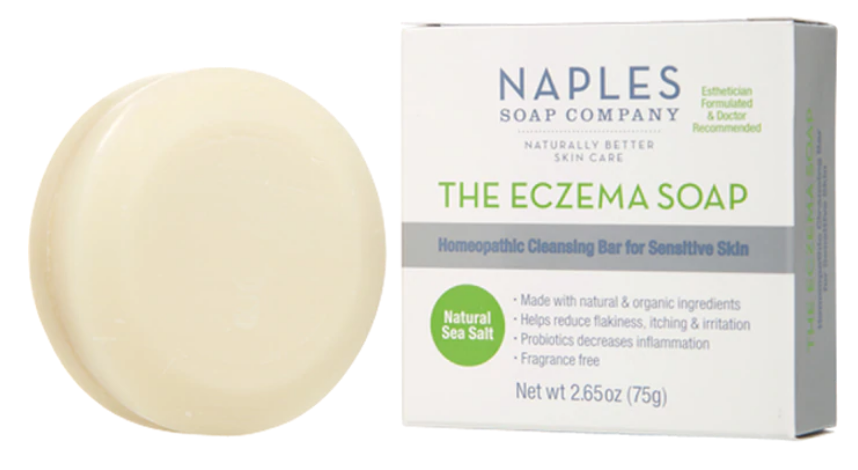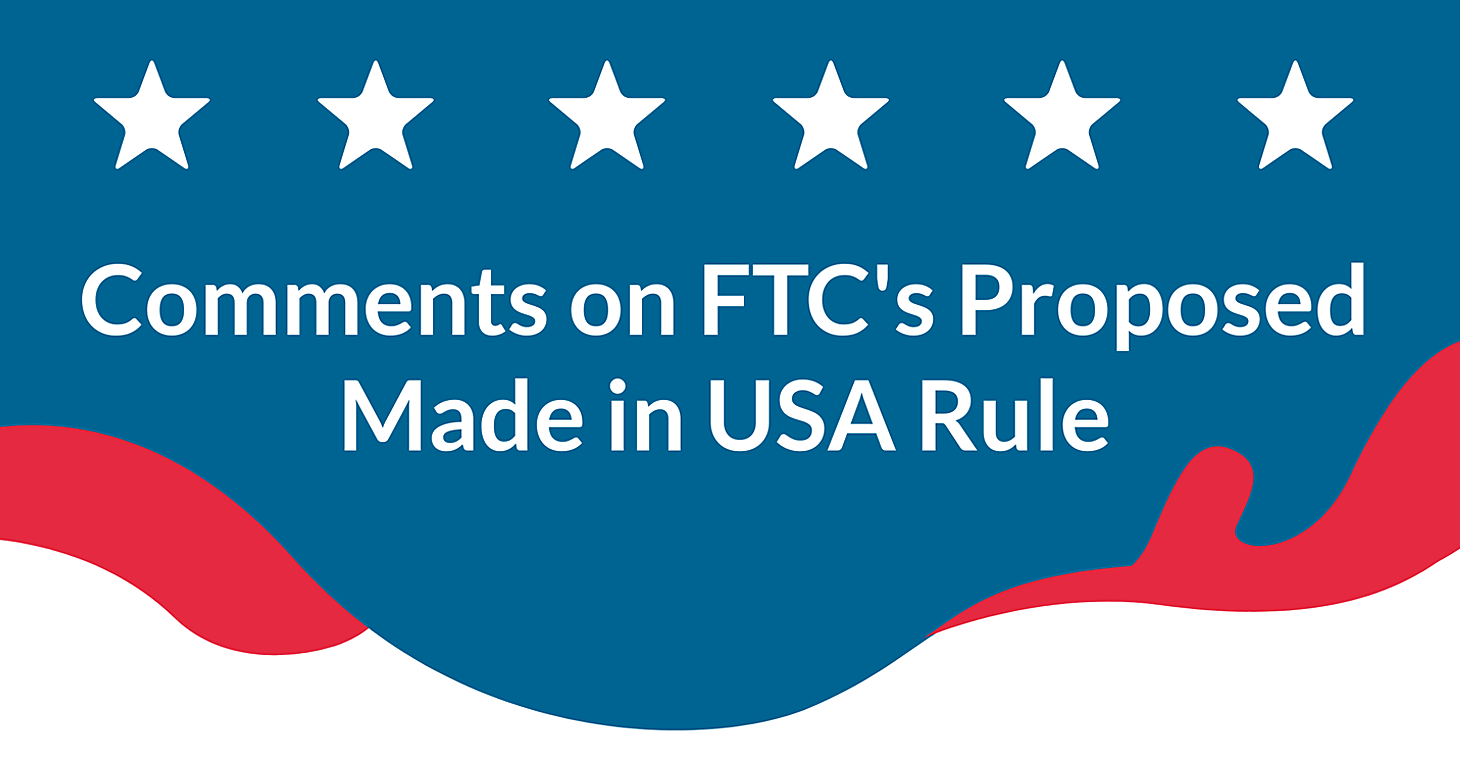
Dynamic Pet Products The Real Ham Bone For Dogs
August 2017: A state judge granted final approval of the settlement.
April 2017: A state judge preliminarily approved a settlement of a false advertising class-action lawsuit against Dynamic Pet Products. The complaint alleges that the company deceptively markets The Real Ham Bone For Dogs as being appropriate and safe for dogs when, according to plaintiffs, the product is “extremely hazardous” when chewed by dogs because it splits into shards that cause severe internal injuries and contains bacterial toxins that cause illness and death.
The settlement agreement provides class members with a maximum of $2,500 for each claim of pet injury or death resulting in veterinary expenses (with a cap of $50,000 per year). Class members may also receive a $3 refund for each product purchased (for up to 10 bones with proof of purchase, or up to four bones without proof of purchase). In addition, the company agreed to stop manufacturing or selling pig bone products for dogs until they are reformulated to be “more durable than an uncooked bone” or the company has insurance coverage to compensate owners of pets who have been killed or injured from consuming the bones.
A final fairness hearing is scheduled for August 3, 2017. For more information, go to https://www.realhambonesettlement.com/. (Taylor et al v. Dynamic Pet Products, LLC et al, Case No. 1616-CV11531, Circuit Court of Jackson County, Missouri at Independence)
For more information about the marketing of pet products, click here.
Class-Action Tracker


Dynamic Real Ham Bone For Dogs
The Latest

CannaPro CBD
A fake celebrity endorsement by Tom Hanks is the tip of the iceberg with this CBD product.

Naples Soap Company
From “cruelty free” to “Made in the USA,” TINA.org finds personal care company’s marketing awash with questionable labels.

Slotomania
“Free” mobile slot game isn’t free for long.

Infographic: Comments on FTC’s Proposed Made in USA Rule
TINA.org’s review of comments submitted regarding the FTC’s proposed Made In USA rule.

Home Title Lock
Company’s ads attempt to scare consumers into paying for title monitoring services that they may be able to get for free.